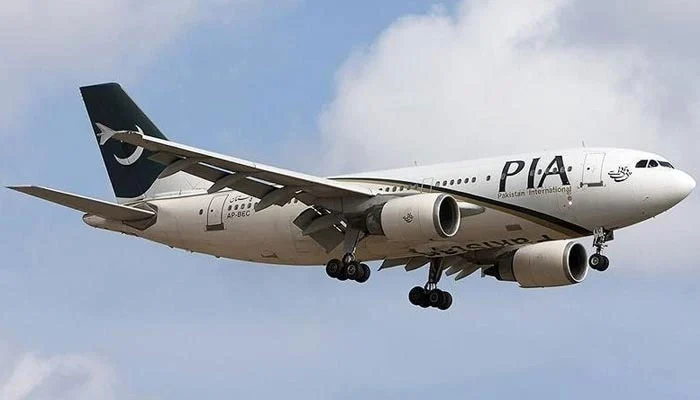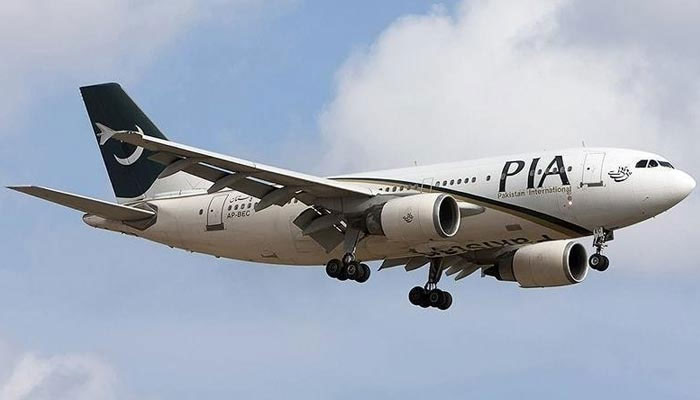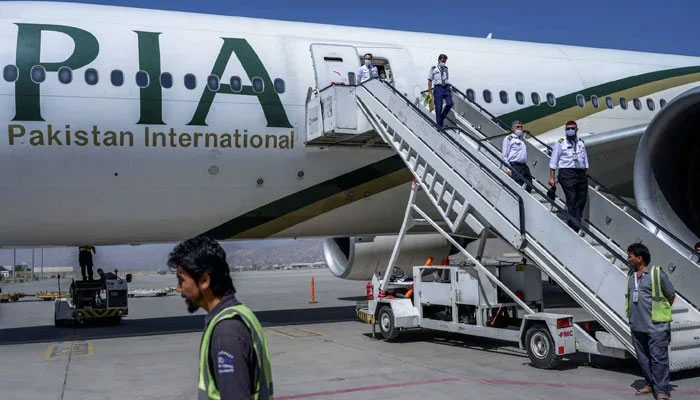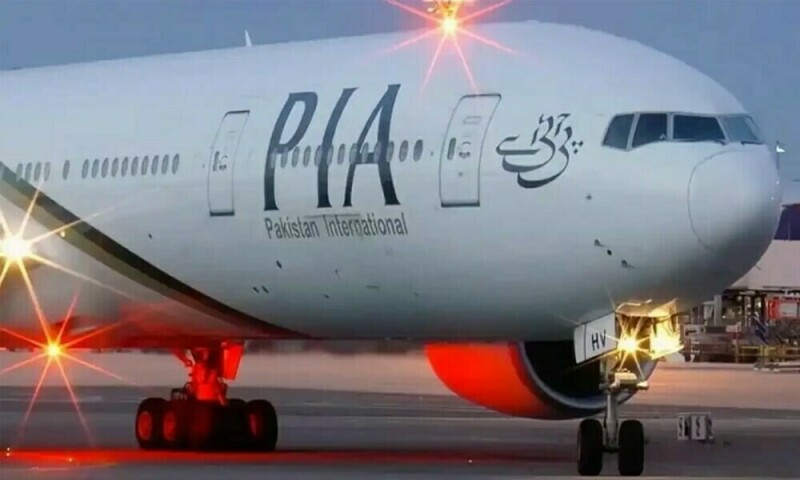Tech moves fast—stay faster.
Tech moves fast—stay faster.
Five Bidders in the Race to Acquire PIA as Pakistan Advances Major Privatization Drive


By Farhan Ali • June 23, 2025
Pakistan’s federal government has shortlisted five entities to move forward in the bidding process for the privatization of Pakistan International Airlines (PIA)—a long-awaited and politically sensitive reform aimed at unburdening the national budget.
Background: PIA’s Mounting Losses
For years, PIA has operated at a loss, weighed down by:
- Excessive debt (reportedly exceeding PKR 825 billion)
- Overstaffing and political appointments
- Safety downgrades by global aviation authorities
- Poor fleet management and operational inefficiency
The airline is currently barred from flying to the EU due to safety concerns and has lost significant international market share.
Who Are the Bidders?
While the names of all five entities have not been officially disclosed, local media and finance officials confirm that the list includes:
- A major Pakistani industrial conglomerate with interests in energy, cement, and logistics
- A Gulf-based aviation player seeking expansion in South Asia
- A military-affiliated holding group, rumored to be working with an international airline as a technical partner
- A business group with airline experience in Southeast Asia
- A local investor consortium, representing multiple business families

Timeline: What’s Next?
- Pre-qualification of final bidders: Expected by early July
- Due diligence and site visits: July–September 2025
- Price negotiations and share purchase agreement: Q4 2025
- Deal closure (target): December 2025 or early 2026
Privatization Minister Fawad Hasan Fawad has emphasized transparency and IMF-aligned compliance as essential to the process.
Privatization Amid Broader Reform Push
The PIA sale is part of Pakistan’s broader state-owned enterprise (SOE) reform agenda—pressured by both the IMF and local economists who argue that loss-making SOEs drain public resources.
Privatization of PIA is seen as:
- A key signal to international lenders and rating agencies
- A strategic shift toward commercial efficiency
- A means to attract aviation sector investment in Pakistan
Investor Sentiment: Opportunity or Risk?
Despite PIA’s struggles, investors see potential upside in:
- Undervalued route rights
- Fleet overhaul opportunities
- Pakistan’s large domestic market
- Strategic aviation positioning near Central Asia and the Middle East
However, concerns remain over:
- Labor unions and legacy employee obligations
- Regulatory hurdles from the Civil Aviation Authority
- Political backlash and potential bureaucratic delays

Final Thoughts
The successful privatization of PIA could mark a turning point in Pakistan’s SOE reform history. But much depends on political will, market transparency, and the credibility of the process in the months ahead.
“This will be a litmus test for Pakistan’s ability to balance reform with realism,” one Islamabad-based policy analyst noted.
Sources:
Explore more
From Solo IP to Shared Ecosystems: Partnered Innovation Becomes the New Business Default
By farhan Ali • June 23, 2025 A quiet revolution is happening...
Rajasthan’s iSTART Program Funds 800+ Startups, Creates 40,000+ Jobs in Inclusive Innovation Push
By Farhan Ali • June 23, 2025 India’s startup revolution is no...
Immortal AI Unveils Three New Platforms to Transform African Market Intelligence
By Evolution Staff • June 23, 2025 Immortal AI, a Lagos-based AI...
As Women Embrace Nicotine Pouches, Brands Rethink Marketing for a New Generation
By Farhan Ali • June 23, 2025 A product once associated with...















Leave a comment